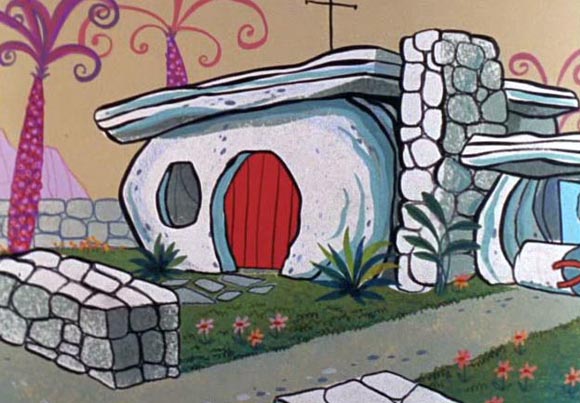A day, a week, a month, a year begins. Over the centuries, in the UK we have had several different dates to start a new year on, 25th December and 25th March were used for many hundreds of years, until it was changed in 1752 to 1st January. The ‘holy day’, or as we now call it, holiday, celebration of 1st January wasn’t a religious celebration of a new cycle. Rather 1st January was a holy day, because it was the celebration of the circumcision of Christ, being 7 days after his birth. In 45 BCE, 1st January was set as the beginning of the Roman new year, when Julius Caesar’s Julian calendar took effect. This was the date new consuls started their official duties, and the traditional date for convening the senate. Today the date, in the western world at least, is celebrated to mark the start of a new year, a new cycle. Many people are filled with optimism and make plans and resolutions for the year ahead. Whilst others reflect on the year past, and dwell a little on their losses before, inevitably moving forward.
January is named after the Roman god Janus, God of change, beginnings, transitions, time, duality, doorways, and endings. He was often depicted as having two faces, one looking back into the past and the other forward into the future. Beginnings and endings, cycles of starting and stopping, are the rhythm to which we set our lives. The structure of the day, week, or month, birthdays, and holidays. These make for a predictable drum beat to which we create the dance of our lives. So regular and predictable that we barely notice that underlying beat. That is, until something more dramatic or significant intrudes in our lives, and our natural rhythm is knocked off. This could be a change like, an illness, a death, the loss of a job, or the ending of a relationship. When this happens, our old rhythms may not be present anymore, or they may feel different. But a sure way to get back to feeling like yourself once more is to re-connect with the basic rhythm of your life. Find your beat once more, and this will support you. The same can be true even when really positive things happen in life too. Again, the dance may change a little for you, and you might like that, but the underlying beat goes on. As they say in Zen, “Before enlightenment, chop wood carry water. After enlightenment chop wood carry water.” Or in a similar vein, “After enlightenment, laundry.”
Our lives play out in small cycles, like doing laundry, and in larger ones too. The grander cycles of life include infancy, childhood, teenager, adolescence, young adulthood, prime, mature adult, and old age. Our interests, friends, family, and our bodies constantly change as we move through these phases of life. We can be very different, and still at some other level we can feel fundamentally the same too. We are the ever-present watcher of our changing lives. The world around us also goes through cycles. We are in a warming cycle on the planet today, whether you believe it is caused by man or not. There are demographic cycles at play too, aging populations and falling birth rates. These can also feed into and effect economic cycles of boom and bust. In various countries we are heading towards the end of political cycles this year, most significantly for the rest of the world, in the USA. What will that change bring, I wonder. And I think that there are also deeper unconscious cycles playing out in our reality too, they will only become apparent in the future, with the benefit of hindsight.
When you break it all down there are two things that are ever present in your life. You and change. Change is so constant and predictable that we barely even notice it, instead of calling it what it is, we have called it time, and then imagine that time is eternal. We measure change and call it time, but the constant in our lives is instead change. This New Year I raised my glass to Janus, God of Change, let a new cycle begin.
“There is nothing permanent except change.” Heraclitus





